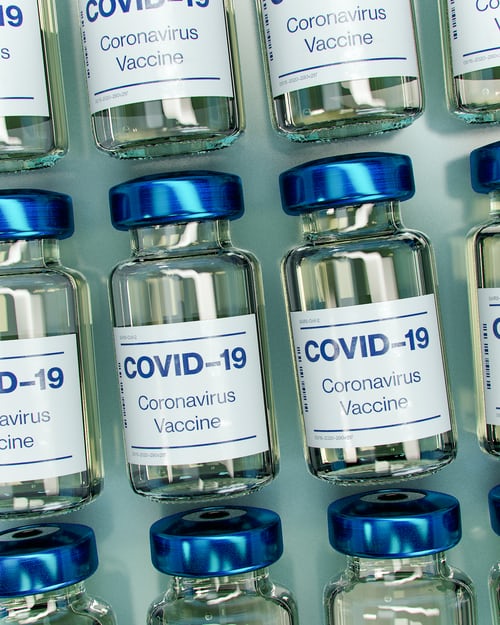Michael Lewis is a prolific storyteller. Movie buffs will recognize some of his nonfiction titles from which award-winning films have been made. Moneyball recounts the success of baseball executive Billy Beane (played by Brad Pitt) in using overlooked performance data to recruit undervalued players. The Blind Side is the story of an impoverished black kid who is adopted by a white couple (Sandra Bullock won an Oscar as the wife) and later becomes an all-star lineman in the NFL. The Big Short describes the subprime mortgage disaster of 2008 and the Wall Street players who profited from it (starring Brad Pitt, Christian Bale and Steve Carell).
Michael Lewis is something of a whistle-blower about the excesses of big business and the failings of the US government. The New New Thing lampoons Silicon Valley. Panic is an account of recent financial disasters. The Fifth Risk uncovers the Trump administration’s efforts to undermine the vast expertise of the federal civil service.
Lewis’ latest book, The Premonition, is a sequel of sorts to The Fifth Risk. It focuses on several little-known individuals in the United States who anticipated a future public-health crisis after the previous scares posed by HIV/AIDS, SARS, Ebola and other virus-driven diseases. However, when the COVID-19 pandemic began to emerge early in 2020, these prescient people struggled to get the attention of federal and state officials who should have been leading the response.
The denialism and disinformation of the Trump White House vis-a-vis the COVID threat is well docu-mented. But Lewis also indicts the Centers for Disease Control (CDC), the federal agency on which most Americans depend for authoritative advice on medical matters. The CDC does an excellent job of observ-ing and reporting on public-health problems. And yet, like many large bureaucracies, it lacks the nimble reaction that is essential as a dangerous new situation appears on the horizon. For example, even when it became clear that COVID was rampant in China, the CDC failed to require travellers from China to be tested for the disease or for their contacts to be traced. In any case, there was a nationwide shortage of nasal swabs for testing, and a lack of qualified labs to conduct the tests quickly.
The federal Department of Health & Human Services was in charge of a Strategic National Stockpile, a “$7 billion stash of medicine and supplies … [which] offered the solution to the stress in supply chains that was bound to occur when every country on earth suddenly wanted to buy the same medical supplies”. Except that the stockpile didn’t include adequate quantities of testing kits, nor ventilators or personal pro-tective equipment for hospitals. So President Trump told the states that it was up to them to purchase these items from private companies.
Nevertheless, several dedicated physicians (and some amateurs) around the country had been thinking about the next pandemic for many years. The heart of Lewis’ book is the intertwined personal stories of a public-health official in California, a Veterans Administration hospital manager in Atlanta, some mid-level bureaucrats in Homeland Security, and a couple of academics who re-examined the data from the deadly Spanish Flu epidemic of 1918. These folks found each other at the onset of the COVID pandemic and, calling themselves Red Dawn, brainstormed strategies to minimize the impact of this new virus. Until a vaccine could be developed, non-pharmaceutical interventions like testing, contact tracing, mask-wearing, social distancing and quarantining of infected persons would have to form the front lines against the disease.
Versions of Red Dawn’s pandemic-fighting plan, based on these principles, were eventually implemented by the decision-makers in Washington and the various state capitals, who themselves should have had plans in place much earlier. The Premonition is a a fascinating albeit frustrating account of all this, ren-dered with Lewis’ usual panache.
In recent months British Columbians have been assaulted by a latter-day Four Horsemen of the Apoca-lypse — heat, fire, flood and pandemic. A lack of planning for the prevention and/or mitigation of these extreme but predictable environmental events has led to unneeded losses of life and property. That is the lesson of The Premonition: if you fail to plan for the next disaster, you will fail to manage it.


